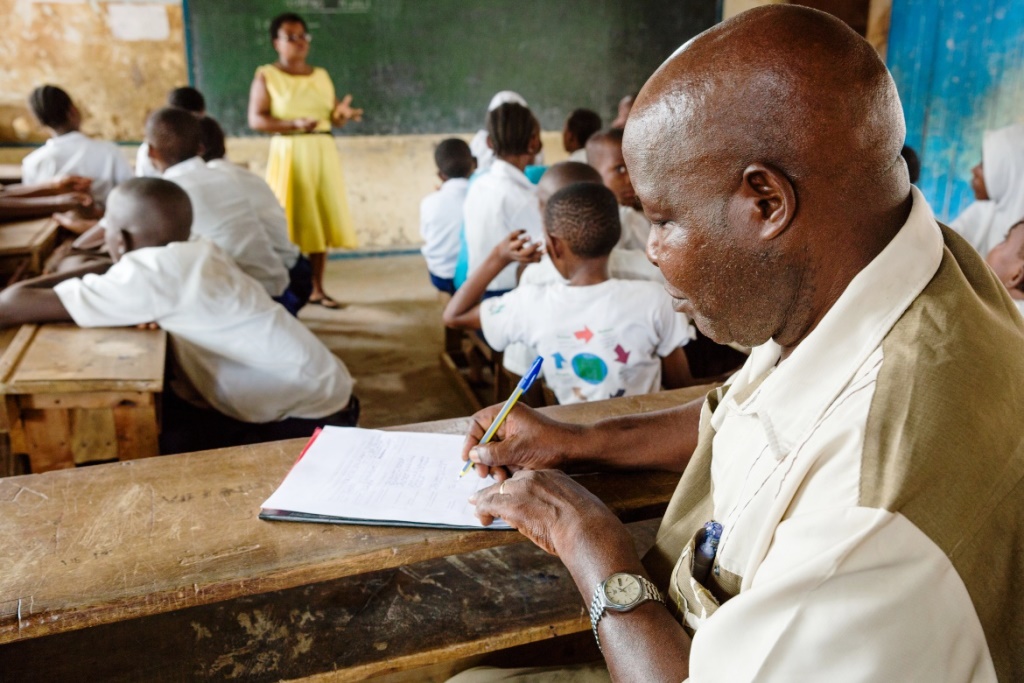CBC implementation requires parental involvement
CBC was rolled out nationally in the country in January 2019 targeting learners in their formative years.
The main purpose for this introduction was to align the Kenyan education and training system with the new constitution and to address the gaps in the place of work where employers claimed that the 8-4-4 education system was producing graduates who were deficient in skills and competences.
Harriet Kinya, the Academic Quality Assurance Manager at Zetech University says this was meant to make young people globally competitive and prepare them for the future of work.
“Competence is derived from the word competent which means having the necessary ability, motivation, attitudes, knowledge or skills to do something successfully or solve problems in different situations and contexts,” Kinya says.
Speaking at the University Thika Road Campus in Ruiru, Kinya opines that competence-based education focuses on students’ learning where the student must be actively involved in the process of learning under the guidance of the teacher, who in this case is a facilitator of learning.
She notes that Competence Based Curriculum is meant to equip the learners with seven core competencies which include; communication and collaboration, self-efficacy, critical thinking and problem solving, creativity and imagination, citizenship, digital literacy and learning to learn.
“However,Parental engagement in the learning process is essential to the learner’s growth and development since parents are the first educators, trainers and a source of authority for their children. Therefore, the relationship between parents, learners and the teachers need to be strengthened to successfully realize the CBC goals at all education levels,” she says.
According to the guidelines prepared by the Kenyan Institute of Curriculum Development (KICD) in 2019, parents are supposed to participate in engaging with the teacher to be abreast with their children’s daily activities while at school.
“This is meant to enrich their children’s learning experiences, provide tender and loving care to boost their children’s emotional safety and a sense of belonging. They should also help in identifying their child’s natural talents and abilities and work with the teachers to nurture them, monitor their growth and development. Parents should also be keen to identify any signs of disability for early intervention among others,” she says.
Kinya averred that research has shown that parental engagement in schools is closely linked to positive student behavior, higher academic achievement, and enhanced social skills.
I urge the parents to support these new education reforms because Competency-based education approaches, bring about meaningful connections between the learning areas and the competencies to be developed. However, when issuing assignments, teachers should refrain from giving assignments that are costly (focus on the readily available materials for learning) and avoid tight unrealistic timelines,” she opines.
The country has made numerous strides towards the implementation of CBC. The Kenya Institute of Curriculum Development (KICD) has successfully developed and disseminated Curriculum Designs systematically from Pre-Primary to Grade six. It has also overseen the development and approval of quality text books and teachers’ guide.
Also KICD together with the Teachers Service Commission (TSC) have successfully trained and deployed teachers in learning institutions across the country.
By Kamau Njoroge
Get more stories from our website: Education News
You can also follow our social media pages on Twitter: Education News KE and Facebook: Education News Newspaper for timely updates.






